Archaeologists have uncovered the ruins of a ‘wheel-shaped’ ancient city during an excavation at Panditpur, Ramgram Municipality-18, in Nawalparasi.
The discovery confirms Panditpur as one of the cities of the Koliya republic, a state historically linked to the Buddha’s era. The excavation was led by Bhaskar Gyawali, Chief of the Archaeology Section at the Department of Archaeology. Gyawali noted that the study builds on findings from a geophysical survey conducted seven years ago in Fiscal Year 2075/76 BS.
“We conducted excavations at two sites to verify the wall structures identified earlier. Evidence suggests Panditpur was part of the Koliya republic, with settlements spanning periods from the Buddha and Maurya eras to the Muslim period,” Gyawali stated.
Artifacts discovered include clay pot fragments, animal statues, ornaments, and remnants of what appears to be a sentry post. A three-meter-deep pit was dug at one site to examine the cultural layers, yielding significant insights into the area’s historical timeline.
To preserve this heritage, construction activities have been prohibited within a 1,000-meter radius along the east-west and north-south axes of Panditpur.
This excavation adds valuable information to Nepal’s ancient history, enriching understanding of the region’s cultural and historical significance.

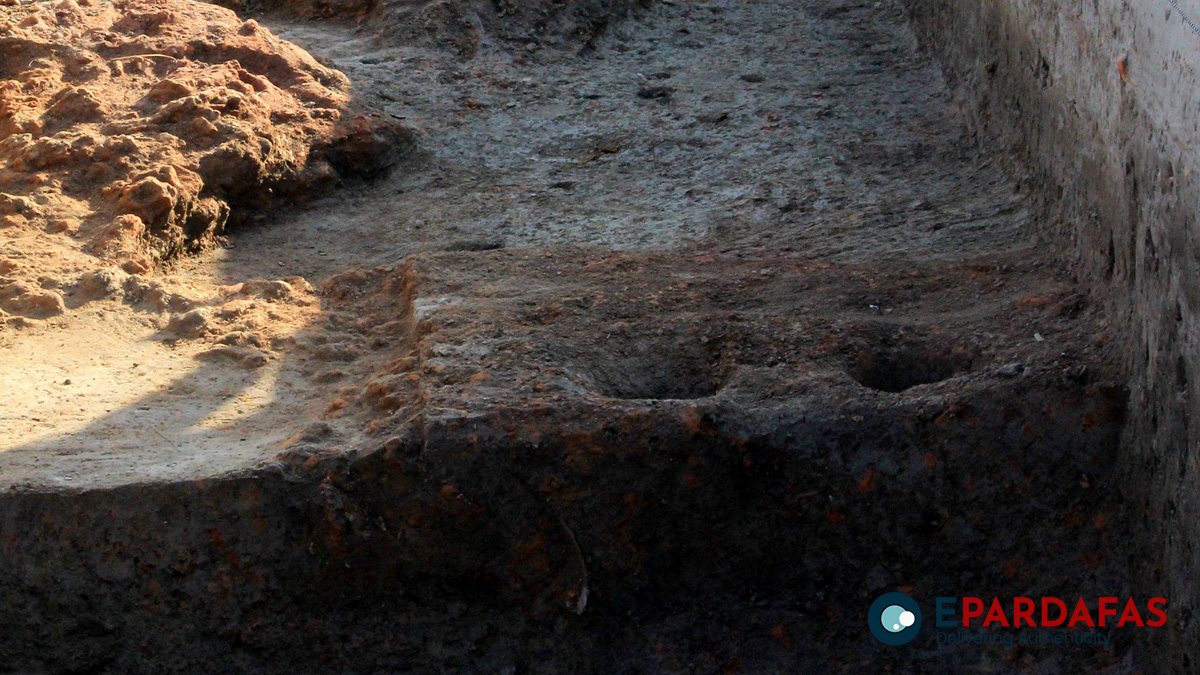
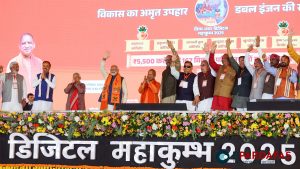
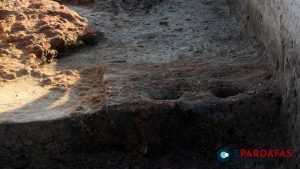
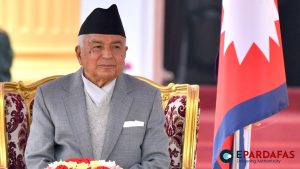
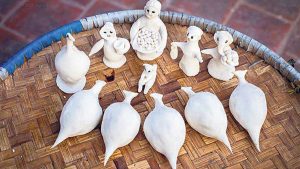
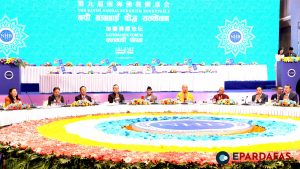
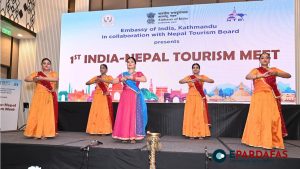






Comments